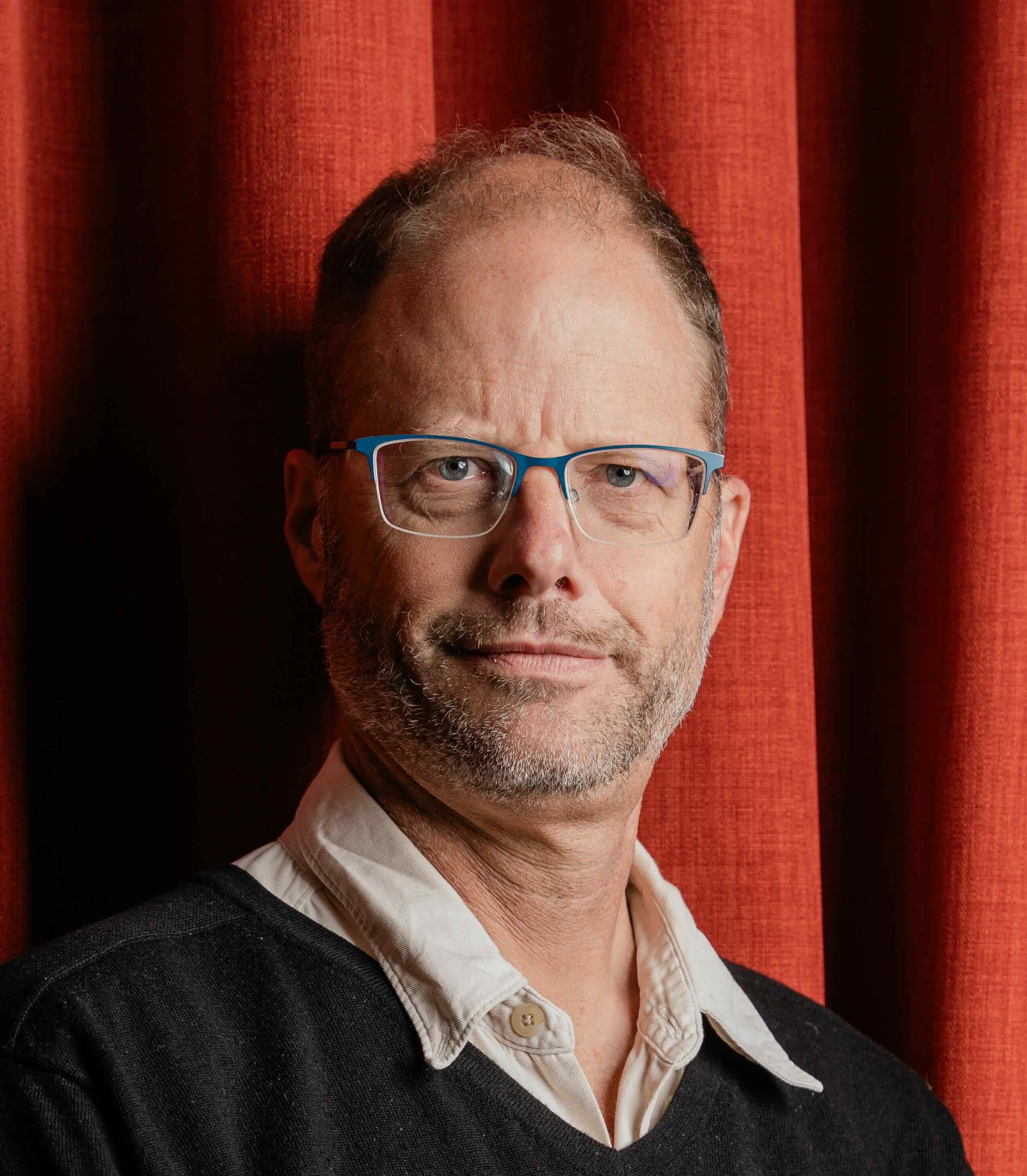
My Expertise
Climate change, atmospheric sciences
Keywords
Fields of Research (FoR)
Atmospheric Sciences, Climate Change ProcessesSEO tags
Biography
I study how the various processes in the atmosphere conspire to establish climate, how these processes might be expected to control the way climate changes, and how the atmosphere will ultimately interact with the oceans and other components of Earth. Clouds and water vapour in particular remain poorly understood in many respects, but are very important not only in bringing rain locally, but also to global climate. Tropospheric convection...view more
I study how the various processes in the atmosphere conspire to establish climate, how these processes might be expected to control the way climate changes, and how the atmosphere will ultimately interact with the oceans and other components of Earth. Clouds and water vapour in particular remain poorly understood in many respects, but are very important not only in bringing rain locally, but also to global climate. Tropospheric convection (disturbed weather) is a key process by which the atmosphere transports water and energy and in the process creates clouds -- but is a turbulent phenomenon for which we have no basic theory and which observations cannot yet fully characterise.
I lead a research group that applies basic physics and mathematics to complex problems by a combination of simple theoretical ideas and hypotheses and directed analyses of observations. Depending on requirements we use simple or advanced statistical techniques, bridging the gaps between these (where needed) by using state-of-the-art climate models as research tools. One practical goal of the work is to figure out how these models might be improved, as they are ultimately necessary for regional predictions of weather and climate. A more academic goal is just to unlock the secrets of our atmosphere.
★ Please contact me if you are interested in pursuing honours, Masters or Ph.D. level research as there are a number of interesting projects to work on. I (and many others at the CCRC) are especially looking for students with backgrounds in quantitative fields such as physics, mathematics or atmospheric science.
For more information on current research, research team, and past research including homogenised radiosonde data and wet-bulb temperature, please see my Research Page.
My Qualifications
Education
1987 B.S. Physics, Massachusetts Institute of Technology, USA
1989 M.S. Eng. Physics/Fluid Mechanics, University of California San Diego, USA
1995 Ph.D. Oceanography, Scripps Institution of Oceanography, USA
Employment
2009-present UNSW Sydney
Professor (ARC Laureate Professor 2016-2020)
2001-2008 Yale University, New Haven, CT, USA
Professor, Department of Geology and Geophysics (Asst. /Assoc. Prof. 2001-2006)
1998-2000 Goddard Space Flight Center /USRA /GEST, MD, USA
Research Scientist, Atmospheric Chemistry and Dynamics branch
My Research Activities
My research group is using a variety of tools to address outstanding questions related to climate change and the behavior of the various forms of water in the climate system. These tools include the analysis of global satellite datasets capable of characterizing cloud properties, including their heights attained, water content, solar reflectance and particle sizes and shapes; the simulations of individual clouds and statistical properties of cloud populations using numerical, cloud-resolving models; careful analysis of large datasets, including temperature and moisture variations in radiosondes as well as satellite radiances, using better statistical techniques (possibly including "machine learning"); simulations of global climate using numerical general circulation models; and the development of more idealized or simple models/theories of climate and climate-relevant processes. Some of the questions we are now studying using the above tools are:
Each of these general questions has many aspects, the investigation of any one of which could consitute a substantial research project. The broad scope of our investigations is aided by collaboration with others in the CCRC and with colleagues at overseas institutions in the United States and Europe.
- What fundamentally limits the amount of precipitation that can fall in a given period of time?
- Why are there such large regional variations in the severity of storms, especially in the tropics?
- How will rainfall and storm properties change as climate warms, particularly in mid- and high-latitudes? What changes are needed in climate models so they can predict this more reliably?
- Can we improve on our basic understanding and parameterization of how small-scale (e.g. convective) processes feed back on larger scales?
- Are there ways of observing natural variability in the climate that will reveal its sensitivity to external forcings such as increases in greenhouse gases?
- Are prehistoric climate changes suggested by geologic evidence consistent with our current understanding of how the atmosphere and oceans work? Going the other way, can past continental and orographic reconstructions be constrained meteorologically?
My Research Supervision
Currently supervising
Charlotte Waudby
Isabelle Greco
Neelesh Rampal
Valentina Ortiz
Greeshma Surendran
Supriya Segal
Thomas Schanzer
Publications
ORCID as entered in ROS
Research Activities
Current Projects
The projects below are ongoing and I would welcome the participation of new students! (My current team should appear at the bottom of this page).
Machine learning atmospheric processes
We are using a variety of machine learning techniques applied to global model and observational data with the objective of improving process predictability (both offline and within global models) and scale interactions. This includes a DARPA-funded project GAIA (Global Artificial Intelligence Accelerator) …
